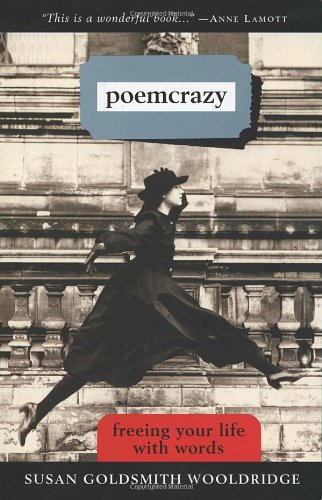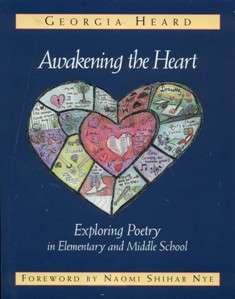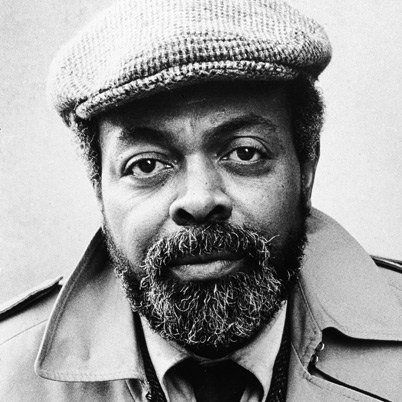I lost my journal.
It's not inside, outside, in garbage, or car. Not under the bed, in dresser or drawer. It's a sick and sinking feeling, akin to losing a wallet, with just a little less panic.
And yet. It was only a journal. Not fancy, not leather, not handmade or gifted. Just a cheap grocery store book of blank pages. Like a glass, it was half empty, or half full. And, really, the writing wasn't great.
Still. I'm distraught. And guilty.
I've been lazy. I haven't been running, or eating greens, or doing planks (like I promise myself every other month, and achieve for about three days). I've been a slacker. And it is with this mindset that just two days ago I went to my journal and carefully copied a passage from Walking on Water by Madeleine L'Engle:
If the artist only works when he feels like it, he's not apt to build up much of a body of work. Inspiration far more often comes during the work than before it.
Like a child, I drew big loopy stars for emphasis.
I've kept a journal since I was a kid. And while I've culled and tossed evidence of the early years (the fourth grade diary, the seventh grade confessional), I've kept the tomes chroncling my turbulent 20s and maturing 30s, carting the heavy boxes across time and states. They are damp, musty, tattered, and mostly unread.
A few years ago, I inadvertently opened one of the boxes. Instead of finding a string of Christmas lights, I encountered a menagerie of admissions. For several hours, I sat huddled and squirming with an uneasy realization: All these years later — more than 20! — I still carry the same insecurities and sing the same refrain: "not good enough, not good enough, not good enough." Time has just made my worries deeper and more defined. It was sobering, and I immediately wanted a new me.
Why didn't I, then and there, declare a fresh start? Why didn't I drive to the dump, and like old clothes, bad boyfriends and poor choices, toss them out? Novelist and poet Sherman Alexie has a theory:
I think every writer stands in the doorway of their prison. Half in, half out. The very act of storytelling is a return to the prison of what torments us and keeps us captive, and writers are repeat offenders.
While searching for my journal, I kept saying, It's not the journal, it's just . . . It's not the journal, it's just this gloomy sky. It's just this extra weight I carry. It's just became every sad and sorry thing.
In my mix of agitation and despair, I told my husband (who was patiently searching the cavity of every appliance as if the journal had raced to the refrigerator for refuge) that I thought this was my punishment. Y'know, use it or lose it, I explained. I'd been lazy and my writing tool disappeared as a sort of vague but very-real-to-me karma.
Yes, I was over the bend, but my mind wouldn't stop spinning.
I recalled a recent poetry class in which the instructor asked, What must you have to write?
My favorite pen, said a woman.
Coffee, said a man.
A desk.
Smooth, lined paper.
These writers with their particulars, I thought. Let's not get precious about it. C'mon, who hasn't jotted words on an envelope? Or, while driving, rooted around for the back of a receipt? I've written in crayon, in big fat Sharpie, and even with chalk.
And so, my smug came back to smack me. What do I need to write? I needed my specific, half-completed pages of mediocre writing. I was frantic for my journal.
As the day wore on and more pressing matters arose, I gained perspective. Perhaps the message of the missing journal is not punishment, but reminder: Words are fleeting. Show up. Hold lightly.
Today I went to the store and bought a new, not-at-all fancy journal. Once filled, the journal will join its companions in my history boxed in the closet.
I lost my journal, I wrote on the first smooth, blank, page, and now I start again.


























